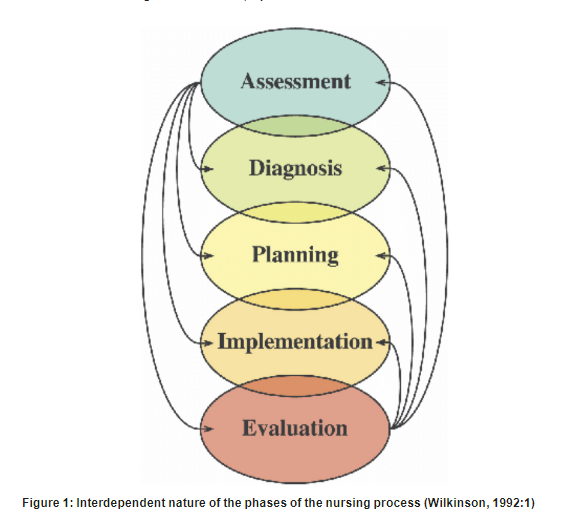5 Essential Nursing Skills You Must Hone to Be Successful
Nurses are in high demand—the latest data from the US Bureau of Labor and Statistics shows that the profession will grow by 7% between 2019 and 2029. Within the next year, vacancies for registered nurses will number more than 100,000 annually, with a projected demand of 1.1 million new registered nurses to meet the needs of industry expansion and replace retiring nurses to prevent worsening of the nursing shortage.
The abundance of jobs for registered nurses does not mean nurses should become complacent. They must still ensure they master the skills for the job in order to provide the best care for their patients and progress within the profession.
Essential Nursing Skills to Grow and Succeed
1. Great communication skills
Nurses will encounter different people from all walks of life. Some of the patients they care for will have serious health concerns, and over time may have become critical of procedures and medications. Strong communication skills help nurses articulate medical orders and explain things to their patients at a level that’s understandable to make sure they cooperate.
Often, the success of the treatment and patient compliance depends on how the instructions are communicated. Nurses must converse professionally without losing that personal connection with their patients.
Aside from dealing with patients, nurses also work with busy doctors and other nurses. Ensuring that medical orders and instructions are understood and carried out is a critical part of the work. When there are developments or conditions the other medical personnel need to be informed about, this must be done promptly and clearly.
2. Flexibility
Routine is foreign for many nurses. Not every shift will be the same; nurses often deal with sudden changes in treatment plans depending on the patient’s condition. In addition to managing several treatment plans, they also must attend to doctor’s orders, respond to patient requests, and complete all the related paperwork. Being adaptable and flexible is necessary.
Flexibility is a vital aspect of staying resilient. As nurses learn to become flexible, they become better equipped to respond to adversities or crises.
3. Quick and critical thinking
Prospective nurses who want to be successful must have the ability to think quickly and critically. They need to be fast in assessing a situation and coming up with a possible solution, particularly in life and death situations. Plus, they have to be confident in their decisions.
Some people think that the nursing profession is only a physically taxing job. However, it’s a profession that requires the flexing of mental muscles. Thankfully, critical thinking is a transferable skill, and it starts from nursing school. Students need to go beyond just memorizing terms during their learning process. They should practice their analytical mindset to pass their classes.
During their classes, students learn to assess, diagnose, plan, implement, and evaluate. Constantly applying this process hones their critical thinking mindset.

4. Careful attention to detail
Attention to detail is another essential skill that nurses need to develop to become successful in their field. As mentioned, nurses have many responsibilities every shift. Aside from carrying out orders, they also have to document and record patient data, including the dose and time of drug administration. They also must observe for any developments, such as adverse reactions to medications, and report these to the attending for immediate resolution.
This skill is especially important in emergency situations. Amid the stress and commotion, nurses must have the presence of mind to respond to critical patient needs, call for the right departments and support, and keep accurate records.
5. Technological savviness
The healthcare industry is continuously evolving to rely on technology for medical care, and nurses are at the forefront of this revolution. Staying on top of these developments will help nurses provide the best patient care. It also helps eliminate some of the tasks that normally slow nurses down, such as repetitive documentation.
Some health facilities may use technology to address the ongoing nursing shortage, and potential employers prefer nurses with adequate technological knowledge. Nurses with data and tech skills are critical in improving patient care and the value of healthcare organizations.
HIMSS Vice President for Informatics Joyce Sensmeier shared, “We are going to continue to see the role and use of technology expand in healthcare and the demand for nurses with informatics training will grow in parallel. As clinicians further focus on transforming information into knowledge, technology will be a fundamental enabler of future care delivery models and nursing informatics leaders will be essential to this transformation.”
These are just some of the non-clinical skills that a nurse must hone to become successful. They should also develop their theoretical skills to provide for the parents under their care.
Learn how to get an RN degree by visiting our programs page.
If you found this article useful, please share it on your social media.














